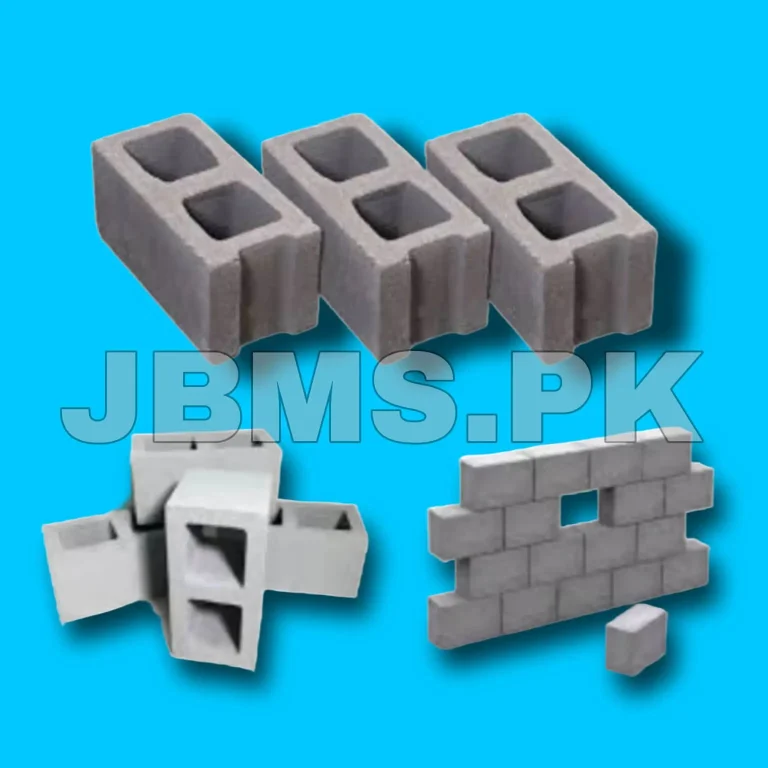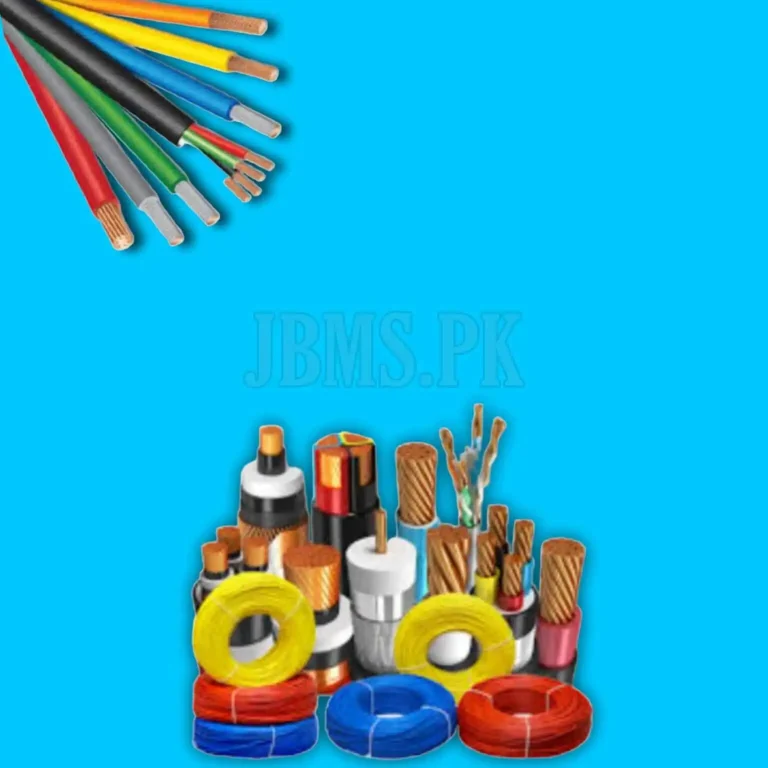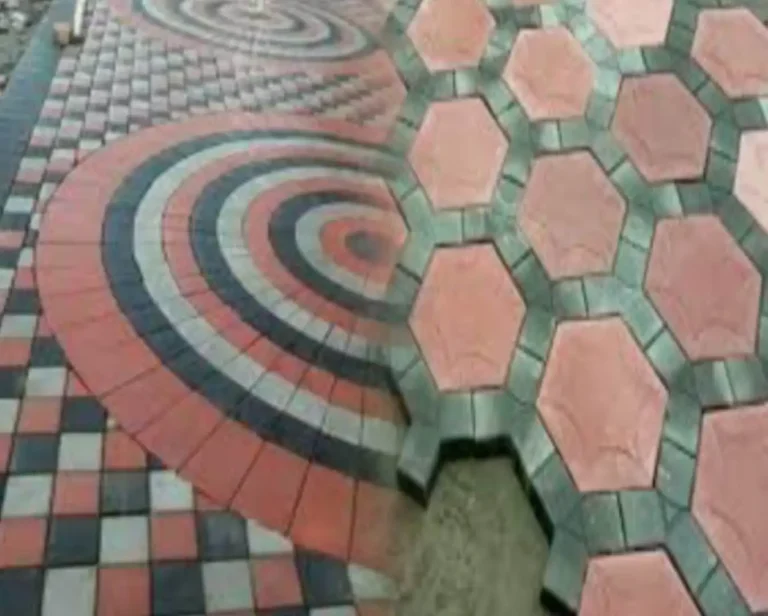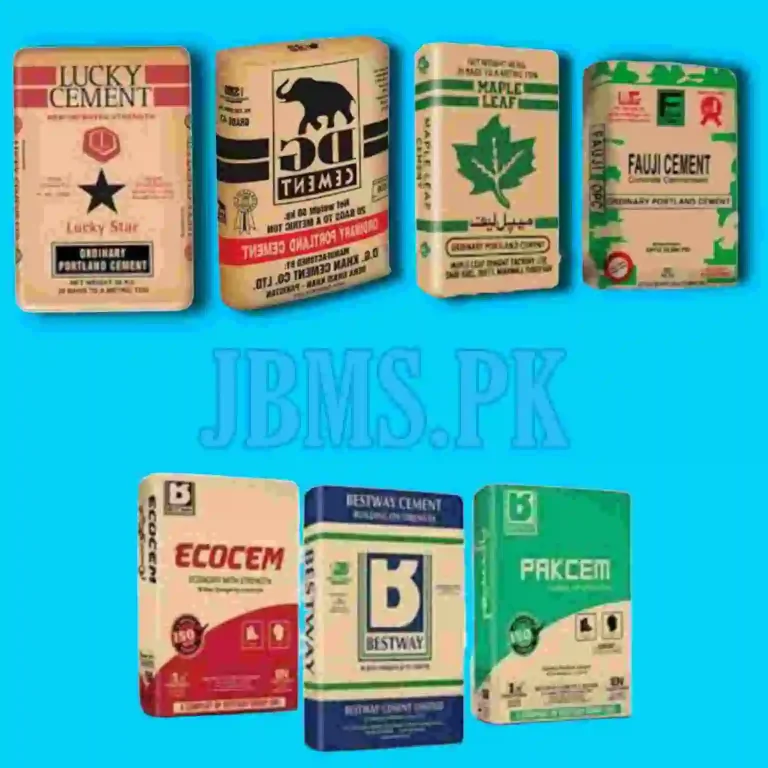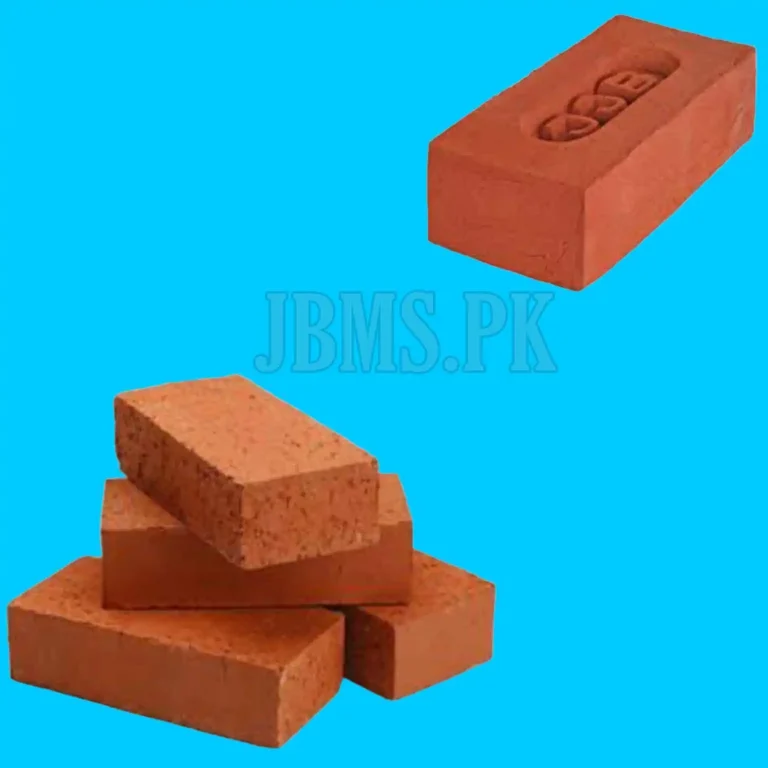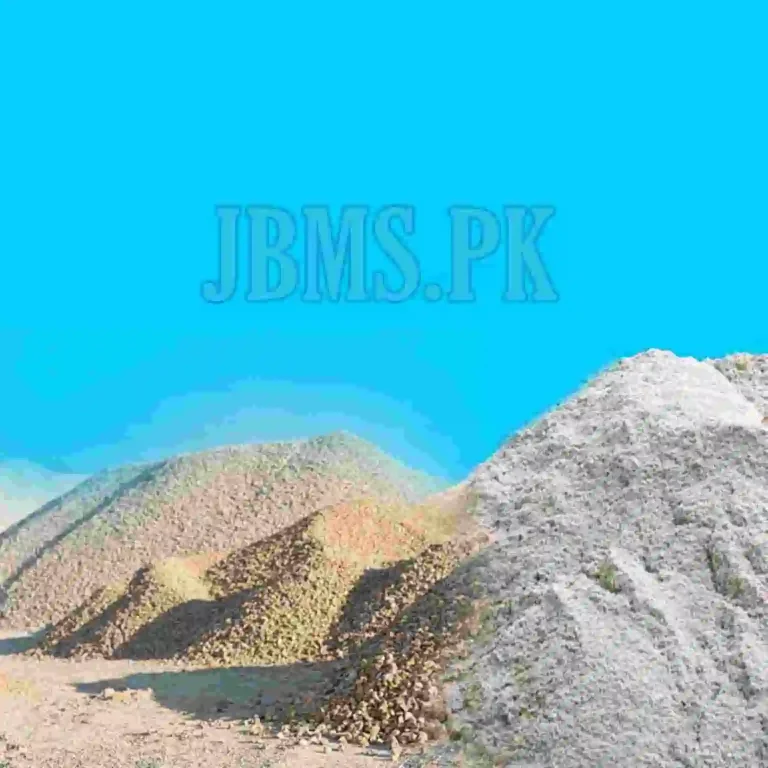Fly Ash Brick Price 17 May 2024 | Fly Ash Brick Today Rate
Fly Ash Brick Price in Pakistan
From the last few years, Fly Ash Bricks have gained so much popularity over the traditional clay bricks in the construction industry. These bricks have become everyone’s first choice because of their eco-friendly nature and cost-effective advantages. In this article, we’ll provide a comprehensive guide on fly ash brick prices in Pakistan, also discuss what factors affect it’s prices, comparison with clay bricks, and its benefits.
What are Fly Ash Bricks?
Fly ash bricks, also known as FAB, are building blocks made from a combination of fly ash, sand, cement, and water. Fly ash, a byproduct of coal combustion in power plants, is a fine powder that can be utilized effectively in brick manufacturing. These bricks offer a sustainable and economical alternative to traditional clay bricks.
Fly Ash Brick Specifications
| Length (mm) | 235 ± 5 |
| Width (mm) | 115 ± 5 |
| Depth/Height (mm) | 72 ±3 |
| Compression Strength (When Dry) | ≥ 2000 PSI |
| Water Absorption | < 20% (of dry weight) |
| Weight of Fly ash Brick | 3 – 3.2 kg |
Fly Ash Brick Price Today
| City Name | Price/ 1 Fly Ash brick | Price/ 1000 Fly Ash brick |
|---|---|---|
| Lahore | Rs 15 – 17 | Rs 15000 – 17000 |
| Faislabad | Rs 13 – 15 | Rs 13000 – 15000 |
| Nankana Sahib | Rs 13 – 15 | Rs 13000 – 15000 |
| Sheikhupura | Rs 14 – 16 | Rs 14000 – 16000 |
| Multan | Rs 13 – 15 | Rs 13000 – 15000 |
| Karachi | Rs 16 – 18 | Rs 16000 – 18000 |
| Islamabad | Rs 15 – 17 | Rs 15000 – 17000 |
| Peshawar | Rs 14 – 16 | Rs 14000 – 16000 |
| Hyderabad | Rs 15 – 17 | Rs 15000 – 17000 |
| Gujranwala | Rs 14 -16 | Rs 14000 – 16000 |
Factors Affecting Fly Ash Brick Prices
Here are the factors that can affect the pricing of fly ash bricks:
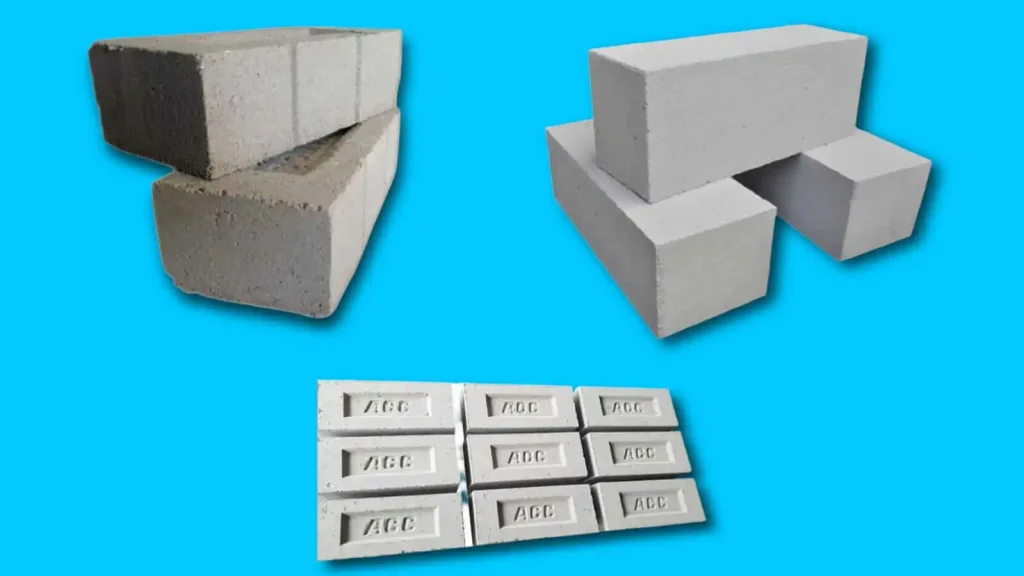
Related Post : Brick Price in Pakistan
Raw Material Availability: The factors like fly ash, cement, sand, and other components used in the preparation of these bricks also impact on their price. That’s why, If the availability of these materials is limited or their prices increase, it can result in higher brick prices.
Manufacturing Process: The manufacturing technique employed, the type of equipment used, and the level of automation in the production process can influence the pricing of fly ash bricks. Advanced manufacturing processes and automated machinery may increase the production efficiency but could also entail higher initial investment costs, which can reflect in the final price of the bricks.
Market Demand: During the peak of construction seasons, the demand of Fly Ask Bricks increases that cause the reason for higher price in the market. In contrast, during periods of low demand, prices may be more competitive as manufacturers strive to attract customers.
Transportation Costs: The distance between the manufacturing unit and the construction site plays a crucial role in determining the transportation costs associated with delivering fly ash bricks. Longer distances cause higher transportation expenses, including fuel costs, labor charges, and logistical considerations. These costs can potentially be passed on to the buyers, impacting the final price of the bricks.
As the construction industry evolves, so does the need for innovative solutions. Onic is not just a mobile service provider; it’s a partner in progress. With a commitment to innovation, Onic ensures that construction professionals have access to the latest advancements in mobile connectivity, aligning perfectly with JBMS.PK’s dedication to providing cutting-edge construction materials and solutions.
In summary, the partnership between JBMS.PK and Onic SIM packages is about more than just connectivity—it is about strengthening the groundwork for success in the construction sector.
Comparison with Traditional Clay Bricks
When comparing fly ash bricks with traditional clay bricks, several differences and advantages become apparent:
Cost: Fly Ash Bricks are cheaper or more affordable than the Clay Bricks.
Strength: Fly Ash Bricks offer better durability and have higher compressive strength.
Eco-friendliness: Fly ash bricks contribute to waste reduction and environmental conservation.
Insulation: These Fly ash bricks reduces energy consumption by providing better thermal insulation.
Availability: Fly ash, as a byproduct of power plants, is abundantly available, while clay is finite and requires extraction.
Advantages of Fly Ash Bricks
Fly ash bricks come with several advantages that make them a preferred choice for construction projects:
Eco-friendly: These bricks are made from fly ash, a waste material, which conserves natural resources and reduces environmental pollution.
Cost-effective: Fly ash bricks are generally more affordable than clay bricks, this is the reason that increases its popularity.
Better thermal insulation: These bricks help too maintain a comfortable indoor temperature as it have better thermal insulation properties compared to clay bricks.
Improved strength: These bricks are also famous for providing high strength and durability.
Reduced water absorption: These bricks have lower water absorption rates, making them resistant to dampness and water seepage.
Tips For Choosing a Right Suplier
When selecting a supplier for fly ash bricks, consider the following factors:
Experience and Reputation: Try to deal with that supplier who have proven record in the market and have received positive feedback from the customers.
Product Quality: The good quality of bricks should be your first priority. To find good quality Fly Ash Brick, you can visit local stores or brand as well. But It’s advisable that local stores sometimes offer great quality of products than the branded.
Delivery and logistics: Ensure the supplier has reliable delivery services and can transport the bricks to your construction site efficiently.
Customer support: Find a supplier that provide excellent customer support and give a satisfactory answer to all of your queries.

